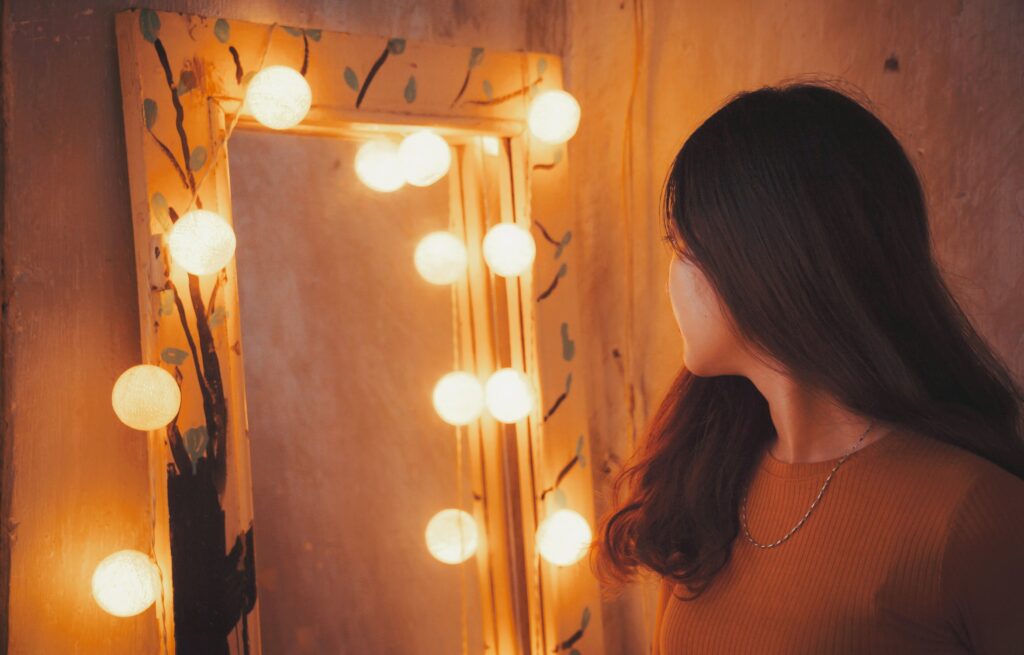
Last weekend, Christina Yuna Lee was followed into the building where she lived, into her apartment, where she was killed with a knife from her own kitchen. She’d gone to the same college I had, half a dozen years after me.
Last month, Michelle Alyssa Go was pushed into the path of an oncoming train. She died. We were the same age.
More than that, though, they looked very much like who I see when I stare in the mirror. The hair, the skin, the eyes, more like me than makes me comfortable.
Reading about tragedies is always difficult, but it’s even more difficult when you identify with the victims. I share my connection with you to give voice to that feeling you may have, for when you wonder why certain news stories hit you harder than others. To acknowledge and see you when you reel with the morning update while folks around you wonder why you’re so upset. To explain why certain crimes make some of us more afraid because our similarities with the victims are more striking than our differences.
Normally when I read about attacks, I’m thinking about what we can learn, how we can avoid being caught in the same web of danger. With these, I could talk about the dangers of standing close to the edge of a subway platform. I could talk about letting people follow you through locked doors. I could even talk more generally about the dangers of a woman living alone in a big city, or explore the problem of homelessness, of the relatively rare untreated mental illnesses that become violent. They are not necessarily new lessons or new considerations to any of us, but ones given greater relief by being tied to something that actually happened to an actual person. After all, we learn best when we can see how a principle can be applied to real life.
Instead, though, I’m thinking today about what it means to be an Asian woman in America. I’m thinking about how I’ve always looked different from the people who surround me. I’m thinking about the dual stereotypes I’ve had to navigate, the scary dragon lady but also the submissive lotus flower. I’m thinking about how more than most women, the expectation is to be quiet, meek, weak. How, in fact, being the opposite garners disapproval both inside and outside my culture. I’m thinking about what that means when victims are selected, even though I’m assured that it is only my gender, only my geography, only my bad luck to be in the wrong place at the wrong time.
I’m thinking about how when it comes to victimology, there are things we can control: where we go, when, with who. What we wear, even how we walk. And there are things we cannot so easily shift, that are more innate to our identities: the color and texture of our hair and the shade of our skin. The shape of our eyes. Sure, we could use dyes and makeup, undergo surgery, but if we do so in solely in pursuit of safety, it may mean suppressing a core part of ourselves, a kind of soul death. Certainly more than I would agree to, and more than I could ask of someone else, to demand that they put on a mask every day, to place that responsibility on them for their safety. But without those modifications, we also innately fit a certain victim profile.
I know that we are not unique as a group who fears for their safety because of physical characteristics, though we are one of the more visually distinct. However, there is a difference between knowing that experience exists, and living a version of it. More accurately, perhaps, realizing that you are living a version of it. It’s like that moment you realize that there are bad guys in the world, the people who aren’t like you, who will do inexplicably evil things to others. It’s that loss of innocence, when you face the fact that there are, in fact, bad people who will harm good people for no other reason than they want to. It changes the way you look at everyone around you, and at the way you perceive yourself as no longer invincible, or at the very least safe. It’s not that you must become paranoid, or that your life must be taken over by preparing to defend yourself, but you notice. You notice the predators, and you notice how they eye their prey. You start making efforts to avoid becoming a target.
Except when something like this happens, when you see victims who look just like you, you realize that there may be little you can do to stop the attack from starting. And all you can do, all we can do, is learn how to stop the attacks after they’ve already begun, which is a far scarier place to be.
But it is not insurmountable. We can survive this journey together.




